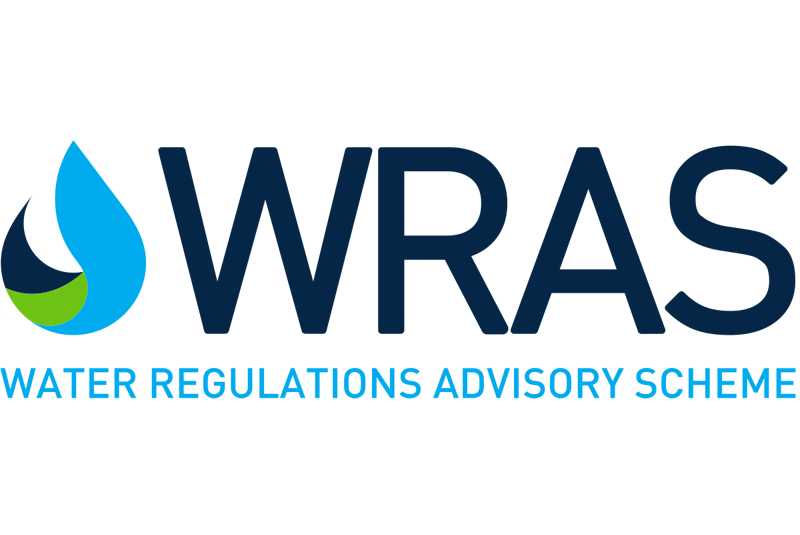
Four in five 18-24-year olds (82%) do not think to ask where the main stopcock is when moving into a new home, according to research by the Water Regulation Advisory Scheme (WRAS).
A study of 2,000 homeowners, found that over two thirds (64%) would not think to ask where the gas and electricity metres are, 77% would not ask who the water supplier is and a fifth (18%) did not know how to find a plumber if one was needed.
According to Finder, the most common home insurance claims in the UK are for water damage, accounting for 28% of claims in 2017, with the average claim for a burst water pipe being £25,000.
As most students going back to university this September will be renting a shared student house, WRAS is urging them to check where their internal stop tap is located when they move in.
Julie Spinks, Managing Director of WRAS, said: “It’s good practice for young people to get in the habit of asking these important questions when moving into a property, whether that’s somewhere they’re renting or their own future home. Students shouldn’t be afraid to ask their landlord or estate agent for as much information as possible and locating the stop tap should be top of the list.
“A small leak can cause havoc in the home and is something no student or landlord wants to deal with, given the emotional and financial impact it could cause.”
The stop tap can usually be found under the kitchen sink but can also be in an airing cupboard or under the floorboards near the front door.
Normally, turning the valve clockwise will close it, reducing the amount of water passing through and it may take a few minutes for the water to stop altogether. Turning the valve anti-clockwise will turn the water back on.
If the stop tap is not turning or shutting off, students are being advised to contact their landlord as a plumber will be needed to fix it.
Landlords should also always use approved, qualified plumbers, with WaterSafe plumbers being trained to meet the strict regulations that aim to keep drinking water safe and can be searched for at watersafe.org.uk.
Landlords should always ensure that the water fittings in their home meet UK regulations and byelaws. If a water inspector finds that a homeowner’s water fittings do not meet regulations and byelaws, they may be required to replace the non-compliant fittings, costing the owner both money and time. Non-compliance can even lead to a prosecution and up to a £1,000 fine for every contravention.













